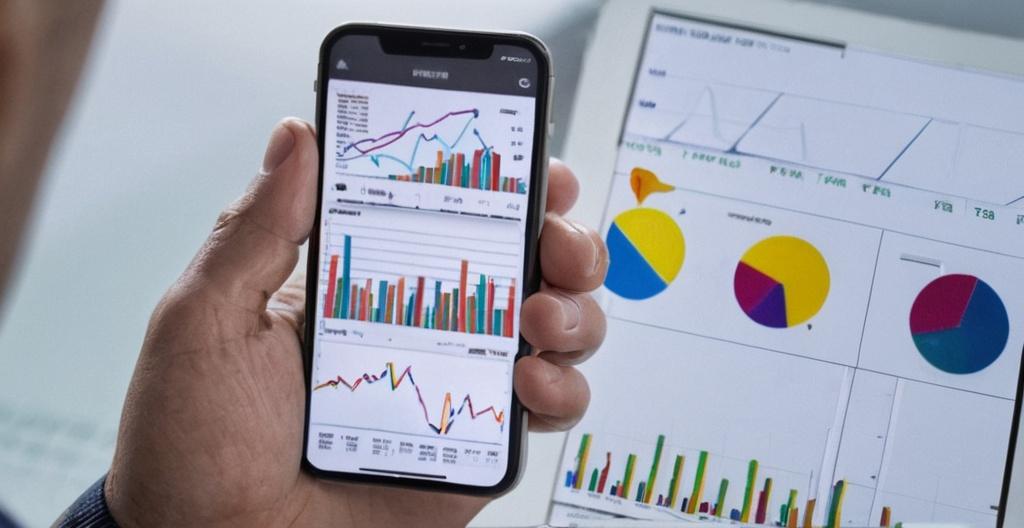Key Take Aways About Customer Due Diligence (CDD) vs. Enhanced Due Diligence (EDD)
- Customer Due Diligence (CDD) verifies client identities to assess risks of illegal activities, akin to a financial bouncer at a club.
- CDD involves collecting and verifying information to prevent money laundering and terrorism financing, ensuring compliance.
- Enhanced Due Diligence (EDD) is crucial for high-risk customers, requiring deeper investigation into transaction patterns and fund sources.
- For traders, CDD/EDD are vital for maintaining market integrity, preventing fraud, and protecting assets and reputation.
- Balancing compliance with customer convenience is challenging; technology aids in monitoring, but human judgment remains essential.

Understanding the Basics of Customer Due Diligence (CDD)
When we talk about Customer Due Diligence, or CDD as the cool kids call it, we’re basically looking at the process financial institutions use to verify the identity of their clients and assess any potential risks of illegal intentions. Think of it as a bouncer checking IDs at a club entrance—only this bouncer is trained in reading financial behavior, not just spotting fake IDs. CDD is your first line of defense, ensuring you know exactly with whom you’re trading or investing.
In the trading world, it’s vital to establish a customer’s identity and understand the nature of the business relationship. This includes collecting and verifying information such as name, address, date of birth, and professional credentials. It sounds boring, but hey, nobody wants to deal with shady characters, right?
CDD practices help prevent money laundering, terrorism financing, and other bad stuff that makes us all take a step back. Companies will typically request identification documents, perhaps a utility bill or a driver’s license, and cross-reference these with third-party databases. Computers do the heavy lifting here—matching the info with databases to ensure everyone’s playing by the rules.
Enhanced Due Diligence (EDD): When Things Get Serious
Now, sometimes basic CDD just ain’t gonna cut it. That’s where Enhanced Due Diligence (EDD) rolls in. EDD is like the super sleuth of the due diligence world. It’s more detailed, more involved, and often required when dealing with customers or transactions that pose a higher risk.
Imagine you’re trading with someone who has a track record of questionable dealings, or maybe they’re coming from a country known for regulatory challenges. In cases like these, you kick it up a notch with EDD. This involves gathering extra info, analyzing transaction patterns more closely, and maybe even keeping a closer eye on ongoing activities.
EDD can involve a deep dive into the client’s source of funds, requiring a clear understanding where their money is coming from. You’re not just asking, “Where’s the money, Lebowski?” but “Where’s this money coming from and, by the way, should we be concerned?”
In trading scenarios, EDD becomes crucial when handling large transactions or dealing with Politically Exposed Persons (PEPs). These are individuals who hold significant public positions and, therefore, potentially pose higher risks due to the possibility of involvement in bribery or corruption.
Why It Matters for Traders
For traders, both CDD and EDD are essential cogs in the financial machine. They help maintain market integrity—a fancy way of saying they keep the bad apples out. In trading, you’re often operating on narrow margins and swift transactions, so knowing all’s clear on the customer front is vital.
Beyond just compliance, these processes protect against fraud and help traders make informed decisions. Picture investing in a company without knowing its CEO is under investigation for fraud. Not exactly the payday one would hope for.
While CDD might suffice for regular trades, EDD’s the go-to for high-stakes or unusual trades. It safeguards not just your assets but also your reputation. Nobody wants their trading firm in the headlines for harboring money launderers, after all.
Challenges and Practical Applications
Okay, so doing all this due diligence work isn’t a walk in the park. There’s always a challenge in balancing compliance requirements with customer convenience. Push too hard on requirements, and you might end up annoying potential clients. But slip up just once, and you’re facing regulatory fines or worse—reputational damage.
In practice, technology plays a massive role here. The use of AI to monitor transactions, flagging anything that looks out of the ordinary, has become commonplace. Automation helps ensure consistent checks without human error—‘cause let’s face it, we’re not exactly infallible.
Keep in mind though, humans still have a role. EDD often requires judgment calls, interpreting patterns and behaviors that algorithms might miss.
Final Thoughts
In the grand scheme of trading, CDD and EDD may not be the most glamorous topics. But like flossing your teeth, they’re necessary. Proper diligence ensures smooth operations, protects markets, and keeps out the riffraff—so you can focus on what really matters: making smart trades and watching those charts do their thing. Remember, an ounce of prevention beats a pound of cure, or in trading terms, a thorough check of your customer can save you from a costly oversight.